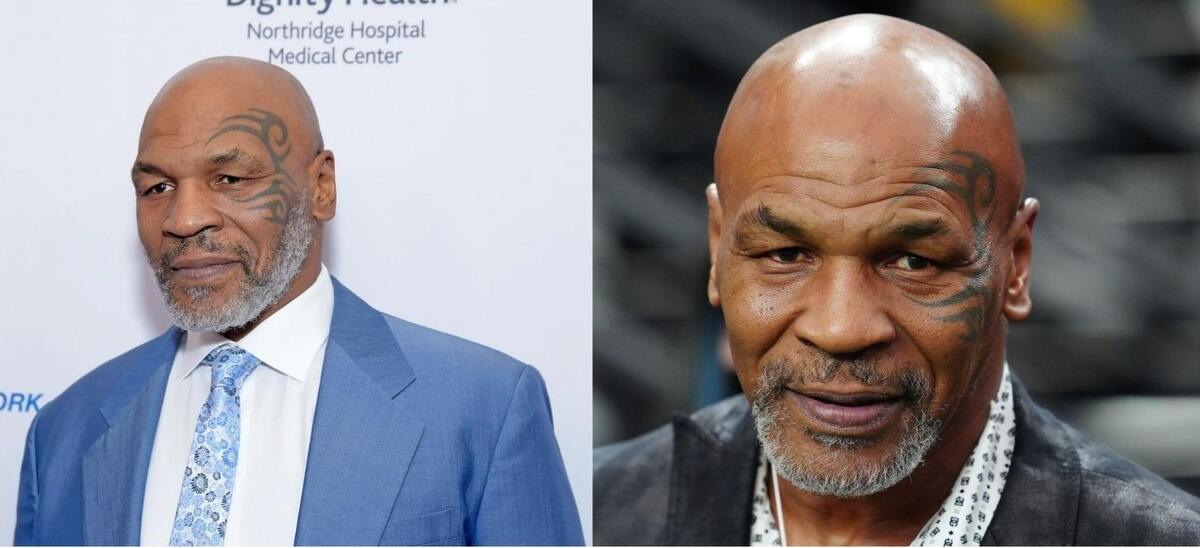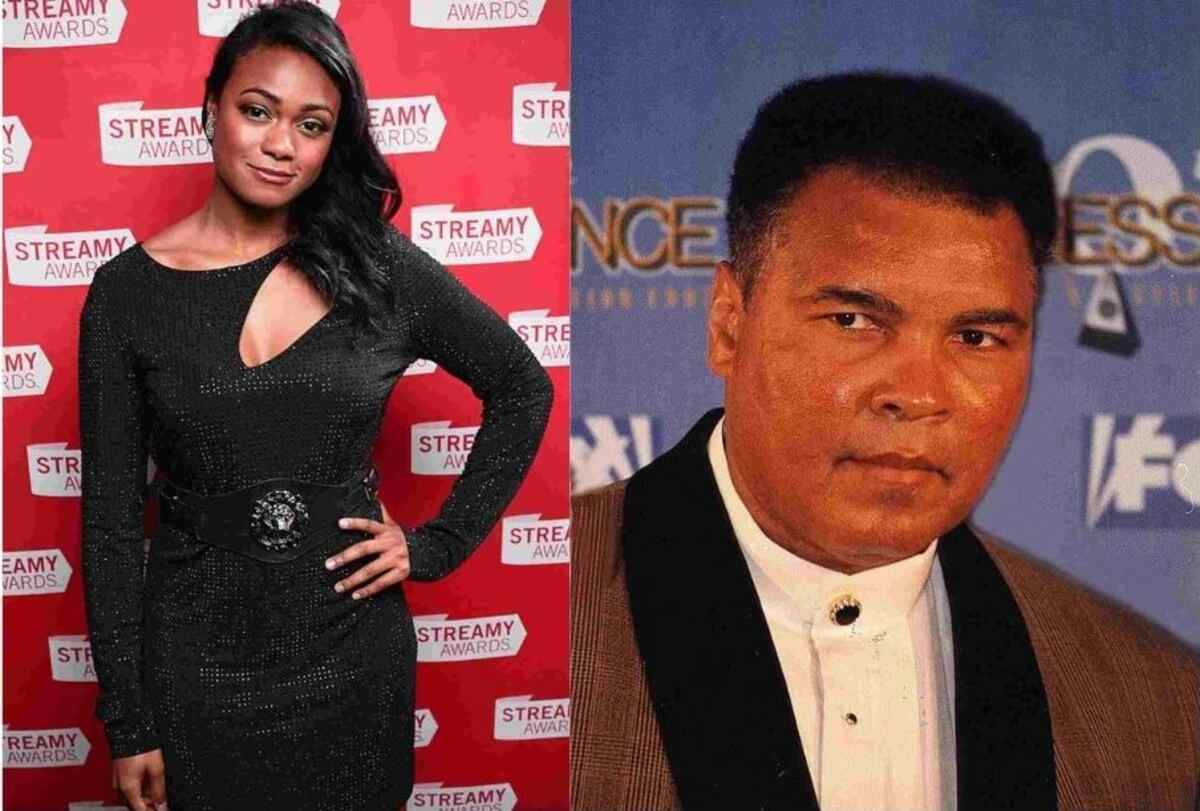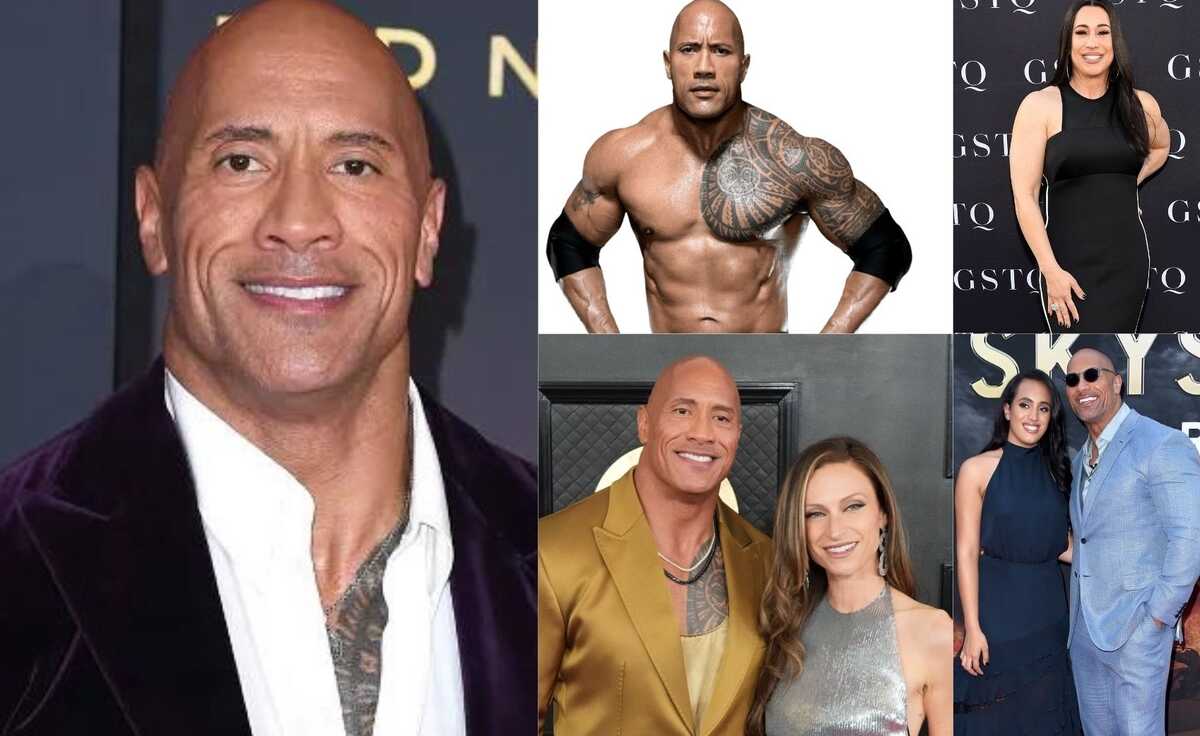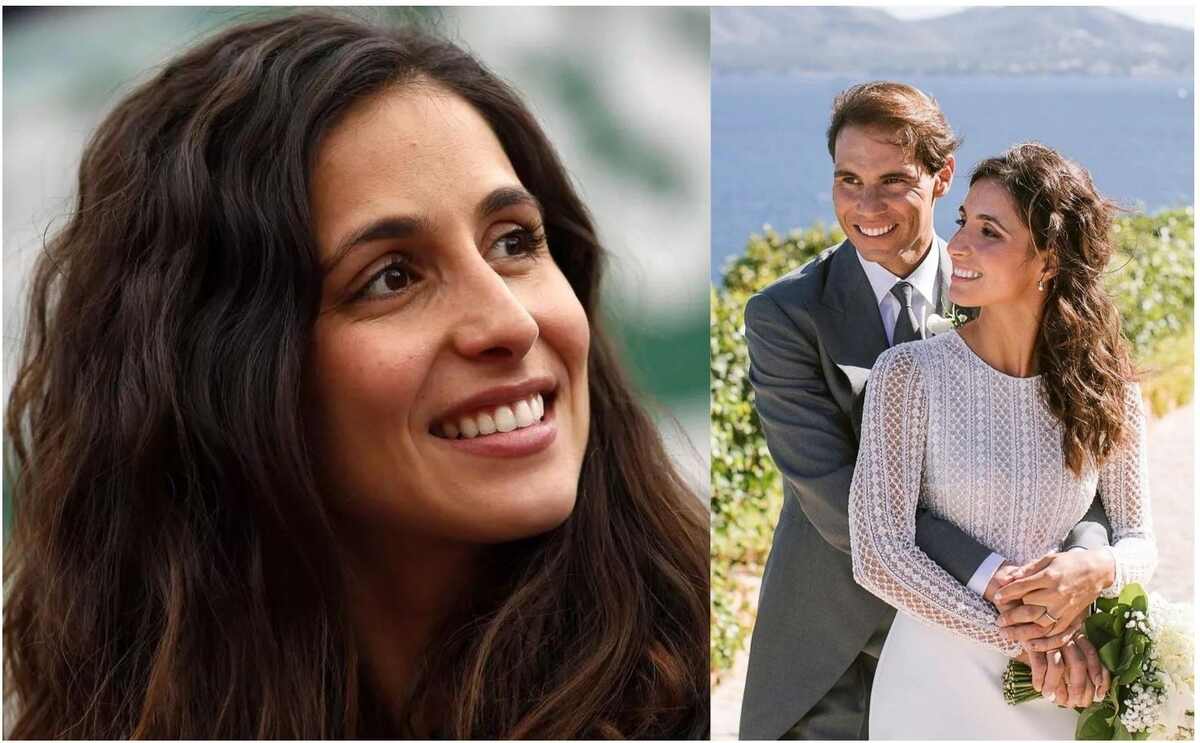In football, height is often seen as an advantage. Yet Xavi Hernández, standing at just 5 ft 7 in (1.70 m), became one of the most commanding figures in the history of the game. He didn’t tower over defenders, but he made them chase shadows. He wasn’t the fastest runner, but he made the ball move faster than anyone else.
For nearly two decades, Xavi was the quiet conductor behind Barcelona’s symphony of tiki-taka football and Spain’s golden era. His story isn’t just about trophies and medals; it’s about proving that vision, intelligence, and humility can outshine physical dominance.
Born and raised in Terrassa, Catalonia, Xavi’s journey from a football-loving child to a World Cup-winning midfielder is one of discipline and dedication. Today, as a manager, he continues to embody the same principles that made him a legend on the pitch.
“You win with the head, not with the feet,” Xavi once remarked — a line that sums up his entire philosophy.
Quick Facts about Xavi Hernández
| Attribute | Details |
|---|---|
| Full Name | Xavier Hernández Creus |
| Date of Birth | January 25, 1980 |
| Place of Birth | Terrassa, Catalonia, Spain |
| Height | 5 ft 7 in (1.70 m) |
| Nationality | Spanish |
| Profession | Former Professional Footballer, Football Manager |
| Current Role | Manager of FC Barcelona |
| Estimated Net Worth | $35–45 Million |
| Spouse | Núria Cunillera (m. 2013) |
| Children | Asia Hernández, Dan Hernández |
| Notable Achievements | 2010 FIFA World Cup, 2 UEFA Euros, 4 UEFA Champions League titles |
| Playing Position | Midfielder |
Early Life & Background
Xavi was born into a footballing family in Terrassa, a town in Catalonia, on January 25, 1980. His father, Joaquim Hernández, had been a professional player, and football was part of daily conversation at home. Surrounded by the Catalan culture of teamwork and creativity, young Xavi developed a deep love for the sport.
At just 11 years old, he entered La Masia, FC Barcelona’s world-famous academy. Even then, his slight build was noticeable. While many boys dreamed of becoming strikers or flashy wingers, Xavi was drawn to the heart of the pitch — midfield. Coaches quickly saw his rare ability to read the game two or three moves ahead. His size was never an obstacle; in fact, it gave him agility and balance.
La Masia taught him discipline, technical skill, and the philosophy that football is a collective art. By his teenage years, Xavi was already being compared to Pep Guardiola, Barcelona’s midfield general at the time — and his future mentor.
Career Journey
Breaking into Barcelona’s First Team
Xavi made his senior debut for Barcelona in 1998, and within a year, he was already trusted in the starting lineup. His calmness under pressure stood out, especially in games where others panicked. By the early 2000s, he had established himself as the team’s midfield brain.
Barcelona’s Golden Age
Xavi’s prime coincided with Barcelona’s rise under coaches Frank Rijkaard and, later, Pep Guardiola. Together with Andrés Iniesta and Lionel Messi, he formed one of the most celebrated trios in football history.
- 2009 Treble – Xavi played a central role as Barcelona won La Liga, Copa del Rey, and the UEFA Champions League.
- 2011 Champions League Final – Against Manchester United, Barcelona delivered what many consider the perfect team performance, with Xavi orchestrating play at Wembley.
Over 17 years at Barcelona, he made more than 750 appearances, winning 25 major trophies and redefining the role of a central midfielder.
Spain’s Historic Dominance
While Barcelona ruled Europe, Spain dominated the world — and Xavi was the bridge between the two.
- UEFA Euro 2008 – He was named Player of the Tournament, proving his value as Spain’s heartbeat.
- 2010 FIFA World Cup – His passing accuracy of over 90% was unmatched, guiding Spain to their first-ever World Cup victory.
- Euro 2012 – Spain defended their crown, completing a hat-trick of international trophies.
Xavi’s ability to dictate tempo made him indispensable. He was not just a player; he was Spain’s tactical brain.
The Final Chapter in Qatar
In 2015, Xavi left Barcelona for Al Sadd in Qatar. While it was the closing stage of his career, he continued to shine as a leader and mentor. He retired in 2019, immediately stepping into management.
Coaching Career
At Al Sadd, Xavi quickly proved himself as a coach, winning multiple domestic trophies. His style mirrored his playing philosophy — possession, intelligence, and teamwork. In 2021, Barcelona brought him back to Camp Nou, this time as head coach. His mission: restore the club’s identity and guide the next generation.
Personal Life
Xavi’s personal life is a reflection of his values: humility, loyalty, and family. In 2013, he married Spanish journalist Núria Cunillera, and the couple has two children — Asia and Dan. Despite global fame, he keeps his private life low-profile, often emphasizing that family is his most significant achievement off the pitch.
He is also involved in charitable efforts, supporting education and youth football programs. In interviews, Xavi often highlights the importance of nurturing talent and discipline at a young age, much like he experienced at La Masia.
Awards & Achievements
Xavi’s honors are a long list of both team and individual triumphs:
- FIFA World Cup – 2010
- UEFA Euro – 2008, 2012
- UEFA Champions League – 2006, 2009, 2011, 2015
- La Liga Titles – 8
- Copa del Rey – 3
- FIFA Club World Cup – 2
- UEFA Super Cup – 2
- Golden Foot Award – 2012
- Multiple UEFA Team of the Year and FIFPro World XI selections
These awards not only show his success but also his consistency in staying at the top for over a decade.
Net Worth & Income Sources
As of recent reports, Xavi’s net worth is estimated at $35–45 million. His earnings come from:
- Salaries during his playing career at Barcelona and Al Sadd
- Coaching contracts (Al Sadd, FC Barcelona)
- Endorsements with sports brands and media appearances
- Investments in real estate and business ventures
Unlike many modern athletes, Xavi is known for his financial discipline, preferring a stable and balanced lifestyle over extravagance.
Cultural Impact & Legacy
Few players have redefined football like Xavi. He transformed the role of the central midfielder from a supporting act into the principal conductor of play. His tiki-taka style, based on short passes, movement, and intelligence, changed how teams worldwide approached the game.
He inspired a generation of players who now model their style after his. Coaches use his career as a teaching example in academies. Even as a manager, Xavi remains committed to this philosophy, ensuring that Barcelona’s DNA continues.
His legacy is more than medals — it’s the proof that football intelligence can shape an entire era.
Interesting Facts & Trivia
- Xavi ranks second in Barcelona’s all-time appearance list, only behind Messi.
- His passing accuracy in the 2010 World Cup was above 91%, one of the highest in history.
- He captained Barcelona from 2014 to 2015 before leaving for Qatar.
- Fluent in Spanish, Catalan, and comfortable in English, he embraced life in the Middle East during his Qatar years.
- He once admitted he rarely watched football for entertainment, preferring to analyze matches tactically.
Frequently Asked Questions (FAQs)
Did Xavi’s height limit his football career?
Not at all. At 5 ft 7 in, his low center of gravity helped his balance and agility, giving him an edge in tight spaces.
Why was Xavi considered the “architect” of tiki-taka?
Because he dictated tempo, creating patterns of play with short passes that controlled both Barcelona and Spain’s matches.
How many trophies did Xavi win with Barcelona?
He won 25 major trophies, including 8 La Liga titles and 4 Champions Leagues.
When did Xavi retire as a player?
He retired in 2019 after finishing his career at Al Sadd in Qatar.
What is Xavi’s role today?
He is currently the head coach of FC Barcelona.






